Is your friend depressed? Wondering about some practical ways to support your friend? Depression, a silent battle that affects millions, can cast a dark cloud over a person’s life. Let’s explore how to help your friend with depression.
What is depression?
Depression is a mental health condition characterized by persistent feelings of sadness, hopelessness, and low energy. It can impact daily life, relationships, and physical well-being.
Symptoms include loss of interest in activities, changes in sleep and appetite, and negative thoughts. With depression, these sad feelings can stick around for weeks, months, or even longer.

When learning how to help a friend with depression, you should realize that depression is like a heavy cloud hanging over you that makes it hard to enjoy things you used to like or even do everyday stuff.
Related: Why Do I Feel Sad For No Reason? Understanding The Enigma of Unexplained Sadness
Depression can also make you feel tired all the time, mess up your sleep, and even affect how you eat. Sometimes, people with depression might want to be alone and avoid their friends or family.
They might lose interest in things they usually enjoy. Even making simple decisions can feel really tough. The important thing to know is that depression is more than just feeling sad sometimes. It’s a medical condition that needs attention, just like when your body gets sick.
If you or someone you know is struggling with these feelings for a long time, it’s a good idea to talk to a doctor or a mental health professional who can help you feel better.
How to identify if your friend has depression
Before you can understand how to help your friend with depression, it is crucial that you learn to spot the signs of this mental health condition. Here are some of the most common signs of depression to watch out for:
1. Persistent sadness
Your friend might exhibit prolonged feelings of sadness, hopelessness, or emptiness.
2. Loss of interest
They may lose interest in activities they used to enjoy, withdrawing from social interactions and hobbies.
3. Changes in appetite and sleep
Depression can affect their eating and sleeping habits, causing significant changes like overeating or not eating enough, and experiencing insomnia or excessive sleep.
4. Fatigue
Your friend may complain of feeling constantly tired, lacking energy, and having difficulty concentrating.
5. Irritability
They might become easily irritable, agitated, or frustrated, even over minor things.
6. Physical symptoms
Unexplained physical symptoms like headaches, stomachaches, or other bodily discomforts might arise.
7. Low self-esteem
They may express feelings of worthlessness, guilt, or excessive self-criticism.
8. Isolation
A depressed person often withdraws from social activities, friends, and family, preferring to be alone.
9. Negative thoughts
They may engage in negative self-talk, expressing a pessimistic outlook on life.
10. Changes in behavior
Noticeable changes in their behavior, such as a decline in personal hygiene or neglecting responsibilities, can be indicative of depression.
11. Substance abuse
An increase in alcohol or drug use might be a way for them to cope with their emotions.
12. Suicidal thoughts
If your friend talks about death, dying, or expresses feelings of wanting to end their life, take it seriously and seek immediate help.
Related: Why Do You Cry Easily: Even Without Any Reason
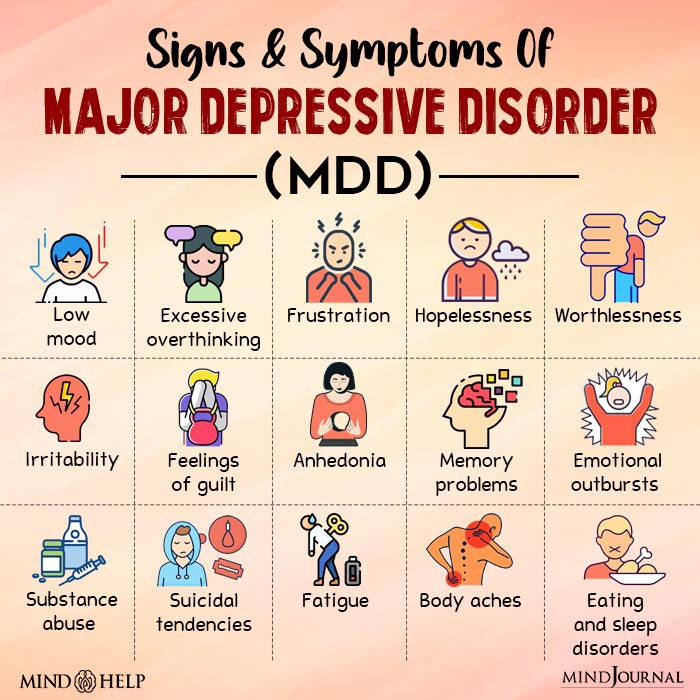
How to approach your friend to offer support
If you’re noticing multiple signs that align with depression, it’s important to know how to help your friend with depression. But instead of rushing in to save your friend, you should approach your friend with sensitivity and offer your support.
Here’s how you might approach the situation:
1. Choose the right time and place
Find a comfortable, private setting where you can have an open and honest conversation.
2. Express concern
Let them know that you’ve noticed changes in their behavior and mood, and that you’re concerned for their well-being.
3. Listen actively
Give them the space to share their feelings. Avoid judgment and simply listen without trying to offer solutions.
4. Offer support
Encourage them to seek professional help. You can offer to help them find a therapist, counselor, or doctor.
5. Stay connected
Let them know you’re there for them, and check in on them regularly.
6. Respect their choices
Remember that they might not be ready to seek help immediately. Be patient and supportive.
7. Involve a trusted loved one
If your friend’s condition appears severe or you’re worried about their immediate safety, involve a trusted loved one, family member, or authority figure.
It’s important to approach this situation with care and empathy, and if you’re concerned about your friend’s well-being, encourage them to seek help from a mental health professional.
Depression is a serious mental health issue, and a mental health professional is the best person to provide proper diagnosis and treatment.
Related: Do You Have Crippling Depression? Here Are The Signs You Should Know About
How to help your friend with depression
Now that we are clear about how to approach your friend, let’s focus on exactly how to help your friend with depression.
The fact is your presence and understanding can make a significant difference in their journey toward healing and recovery. Remember, while you may not be able to cure your friend’s depression, your support and empathy can provide them with a lifeline of hope.
Here are a few helpful strategies on how to help a friend with depression –
1. Educate yourself about depression
To effectively support your friend, it’s crucial to understand depression and its impact.
Take the time to educate yourself about the condition, its symptoms, and the challenges your friend may face. This knowledge will help you empathize with their experiences and provide a solid foundation for your support.
For example, you can learn about the common symptoms of depression, such as persistent sadness, loss of interest, changes in appetite or sleep patterns, and feelings of worthlessness.
By recognizing these signs, you can offer understanding and avoid dismissing their emotions as mere sadness.
2. Be a compassionate listener
One of the most powerful ways to help your friend is by lending an empathetic ear. Create a safe space where they can openly express their thoughts and feelings without fear of judgment. Show genuine interest in their experiences and validate their emotions.
During conversations, practice active listening techniques. Maintain eye contact, nod, and provide verbal cues to show that you’re fully present and engaged.
Avoid interrupting or offering unsolicited advice unless they specifically ask for it. Sometimes, all a person needs is a non-judgmental listener who can hold space for their pain.
3, Offer practical support
Depression can often make even the simplest tasks feel overwhelming. Offering practical support can be immensely helpful during such times. If you are eager to know how to help a friend with depression, learn to pay attention to their needs and offer assistance in practical ways, such as:
- Accompanying them to appointments or therapy sessions.
- Assisting with household chores or errands.
- Preparing meals or helping with grocery shopping.
- Offering transportation when needed.
By providing this practical support, you alleviate some of their burdens and demonstrate that you’re there for them in concrete ways. This is how to help your friend with depression.
4. Encourage a healthy lifestyle
Depression can disrupt a person’s motivation to engage in self-care activities. Encourage your friend to maintain a healthy lifestyle, which can have a positive impact on their well-being. Simple suggestions include:
a. Encouraging regular exercise
Physical activity releases endorphins, which can improve mood and reduce symptoms of depression. You can suggest going for walks together, joining a fitness class, or engaging in a sport they enjoy.
b. Promoting a balanced diet
Nutritious meals can nourish the body and support overall mental health. Help your friend plan and prepare healthy meals together, or share resources on easy-to-make dishes that are beneficial for mental well-being.
c. Prioritizing sleep
Depression often disrupts sleep patterns, leading to fatigue and exacerbating symptoms. Advise your friend to establish a bedtime routine and create a relaxing sleep environment.
Offer to help them find resources or relaxation techniques that can improve sleep quality.
5. Gently encourage professional help
While your support is invaluable, it is essential to recognize that professional help is often necessary for treating depression. Encourage your friend to seek therapy or counseling as part of their recovery journey.
Approach the topic with sensitivity, emphasizing that therapy is not a sign of weakness but a courageous step toward healing.
You can offer to help them research therapists, provide information about mental health resources in your area, or even accompany them to their first appointment if they feel comfortable.
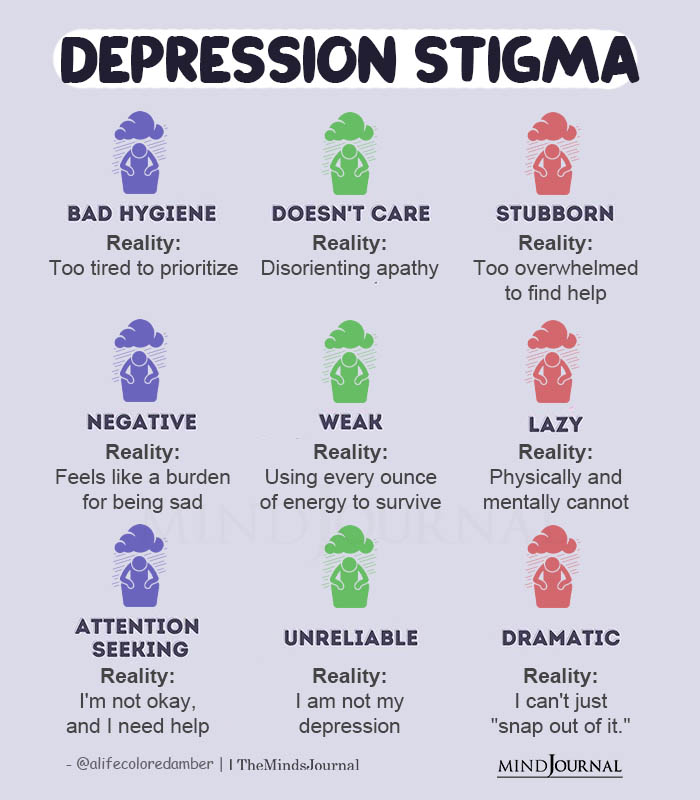
Remind them that seeking professional help does not mean they are alone—they have a support system cheering them on. This is the best strategy on how to help a friend with depression.
Related: High-functioning Depression: 7 Signs you are suffering in silence
6. Foster a supportive network
Loneliness and isolation can worsen the effects of depression. Encourage your friend to build a supportive network of friends and loved ones who can offer additional sources of comfort.
Suggest joining support groups or engaging in activities that align with their interests, where they can meet like-minded individuals.
Furthermore, be mindful of your own role in their support network. Reach out to mutual friends or family members who can provide additional support. Sharing the load can prevent burnout and ensure that your friend has a strong support system.
7. Stay connected
Consistent communication is crucial when learning how to help your friend with depression. Make an effort to stay connected regularly, even if it’s just a simple check-in message or phone call.
Small gestures of reaching out can remind them that they are not alone and that they have someone who cares.
However, be understanding if they need space or time alone. Depression can sometimes make social interactions overwhelming, so respect their boundaries while reassuring them that you’re there when they’re ready to connect.
8. Be patient and understanding
Patience is key when supporting a friend with depression. Understand that their journey may have ups and downs, and recovery takes time.
Avoid placing pressure on them to “get better” or expecting immediate results. Instead, offer unwavering support, reminding them that you are there for the long haul.
Additionally, be understanding of their limitations and fluctuations in their mood. Depression can make it challenging for them to engage in activities or maintain commitments.
Let them know that you understand and that it’s okay for them to prioritize their well-being.
9. Take care of yourself
Supporting a friend with depression can be emotionally demanding, so don’t forget to take care of yourself. Self-care is essential to maintain your own well-being and ensure that you can continue being a source of support.
Engage in activities that rejuvenate you, seek support from your own network, and consider talking to a therapist if needed.
Related: When Birthdays Aren’t Happy: Understanding and Coping with Birthday Depression
How to encourage a healthy lifestyle for a depressed friend
Encouraging a healthy lifestyle can have a significant impact on your friend’s well-being while they navigate depression. Here are some additional tips on how to help your friend with depression in adopting healthy habits:
1. Explore physical activities together
Engage in activities that your friend enjoys and that promote physical movement. It could be as simple as going for a walk in the park, trying out a new fitness class, or playing a sport they find enjoyable.
Exercising together not only promotes physical well-being but also provides an opportunity for social interaction and emotional support.
2. Encourage self-care activities
Depression often drains motivation for self-care, but engaging in activities that promote relaxation and self-nurturing is essential. Encourage your friend to engage in activities they find enjoyable and fulfilling, such as –
- Reading
- Taking baths
- Pursuing hobbies
- Engaging in creative outlets like painting or writing
Remind them that self-care is not selfish; it is a vital component of their overall well-being. In fact, it is a crucial step in how to help a friend with depression.
3. Explore alternative therapies
In addition to traditional treatments, alternative therapies can complement the recovery process. Encourage your friend to explore activities like yoga, mindfulness meditation, or aromatherapy, as these practices have shown to have positive effects on mental health.
Participating in these activities together can make them more accessible and enjoyable.
4. Be mindful of substance use
Some individuals with depression may turn to substances like alcohol or drugs as a coping mechanism. It’s essential to be aware of this potential risk and gently discourage excessive substance use.
Encourage healthier coping strategies, such as engaging in physical activities, seeking therapy, or finding support through social connections.
5. Celebrate small victories
Encourage and acknowledge your friend’s efforts in adopting healthy habits. Celebrate their small victories, whether it’s going for a walk, preparing a nutritious meal, or practicing self-care. That is one of the powerful strategies in our – how to help your friend with depression guide.
Positive reinforcement can motivate and inspire them to continue their journey toward a healthier lifestyle.
Remember, while you can provide guidance and support, it’s crucial to respect your friend’s autonomy and choices. Each person’s journey is unique, and they may need time to find what works best for them.
By offering a non-judgmental and encouraging environment, you can help them make positive changes that contribute to their overall well-being.
Related: Mood-Boosting Foods: 9 Foods That Fight Fatigue And Depression
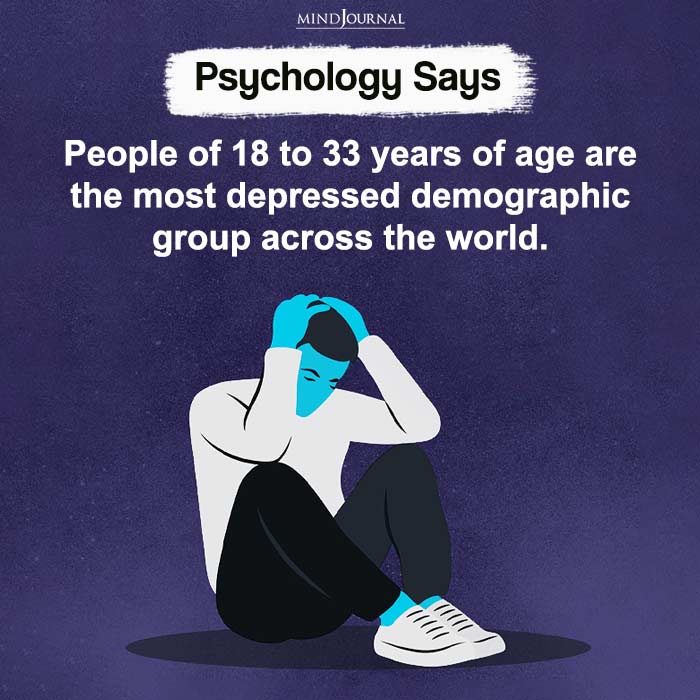
Takeaway
Learning how to help your friend with depression requires empathy, patience, and understanding. By being empathetic and offering non-judgmental support, you can make a positive difference in their life.
Remember that professional help is vital and that your role is to be a supportive companion on their journey toward healing. Together, you can navigate the challenges of depression, providing them with hope and a reminder that they are not alone.
So, if you have a friend who is struggling with depression, reach out and be their beacon of support. Your kindness and understanding can make a world of difference, illuminating their path toward recovery and reminding them that there is light even in the darkest of times.
Did you enjoy reading our article on how to help a friend with depression? Comment and let us know!
Frequently Asked Questions (FAQs):
How do you help a friend who is struggling?
Listen, show empathy, offer support, encourage professional help, stay connected, and respect their feelings. Your care can make a difference.
What can we do if your friends feel sad?
Be there to listen without judgment, offer comfort, encourage them to share, and suggest seeking professional help if needed.
What should we say to a person who is depressed?
Let them know you care, express empathy, encourage them to talk, and suggest seeking professional help for support and guidance.
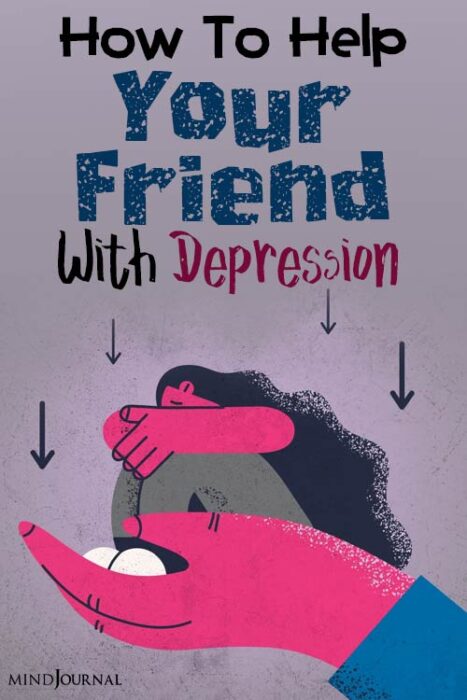
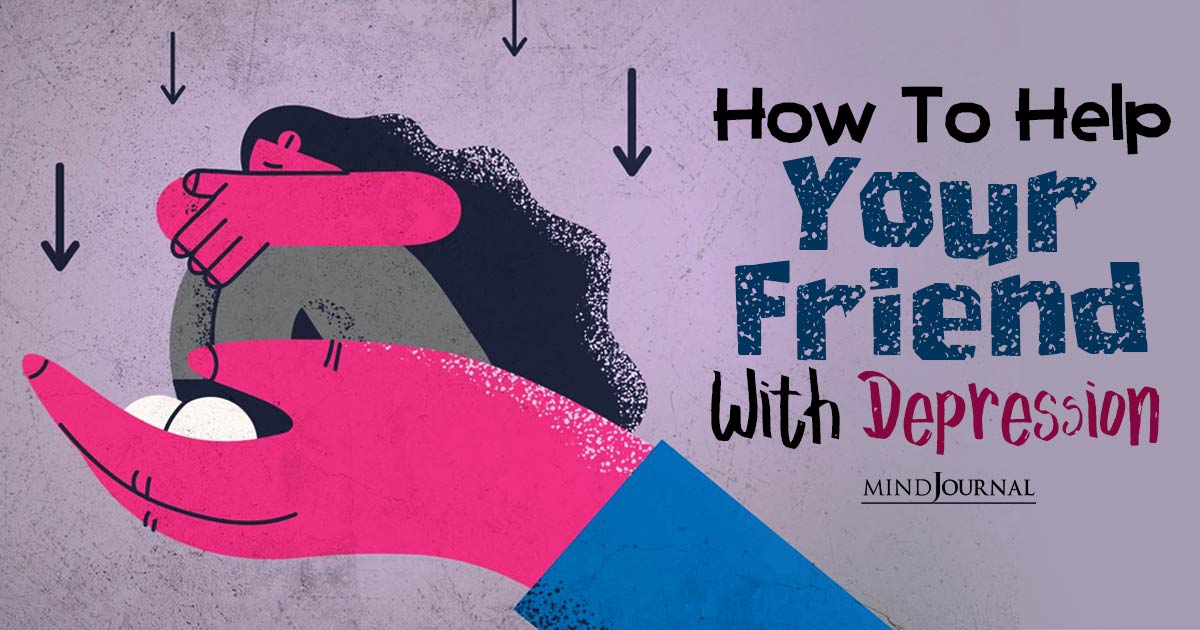







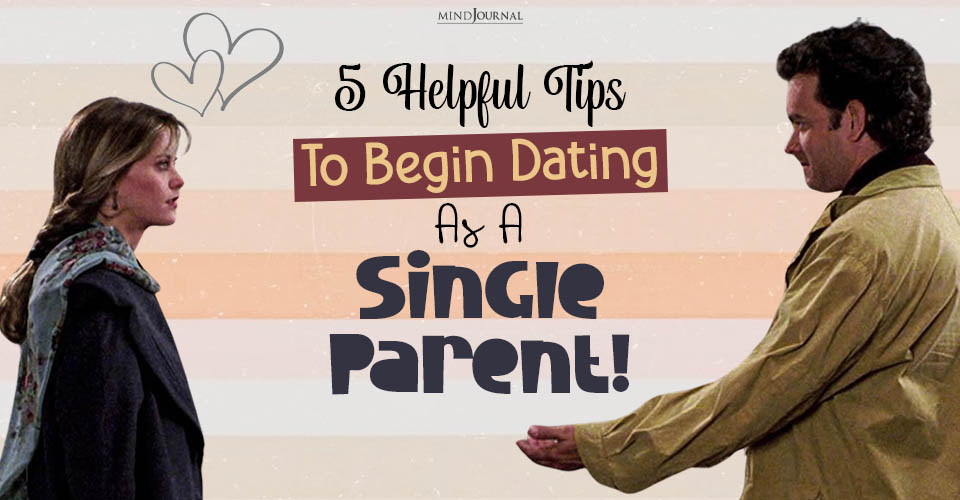
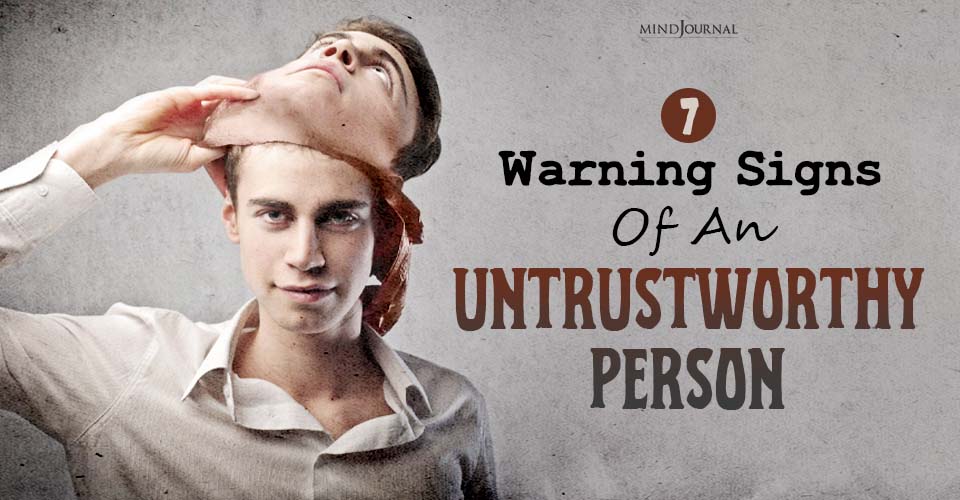
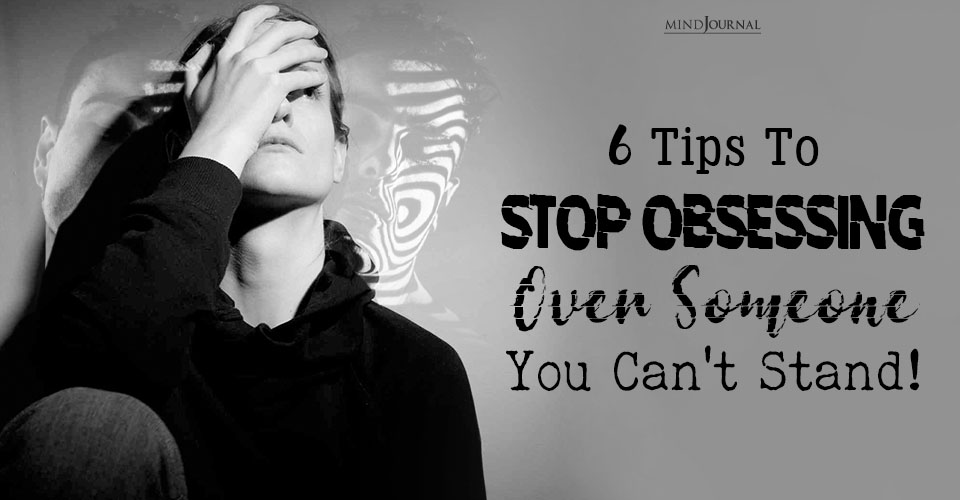



Leave a Reply
You must be logged in to post a comment.